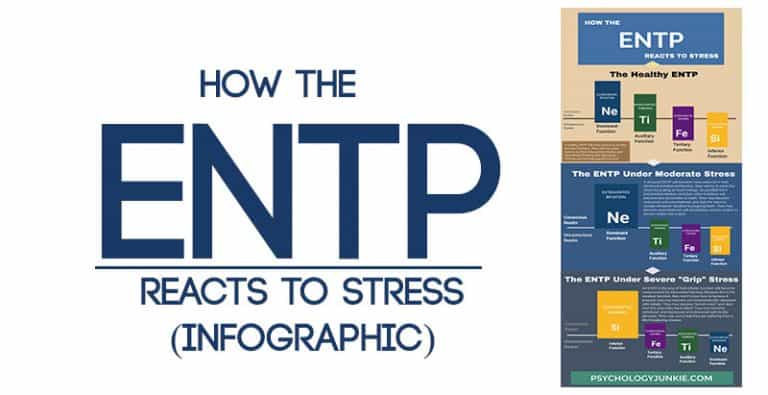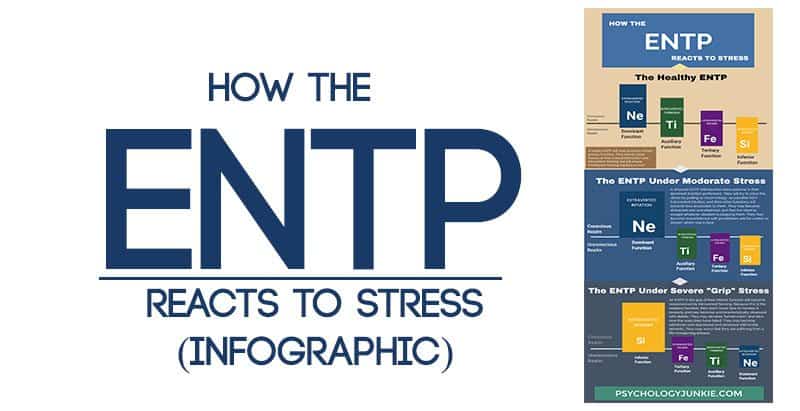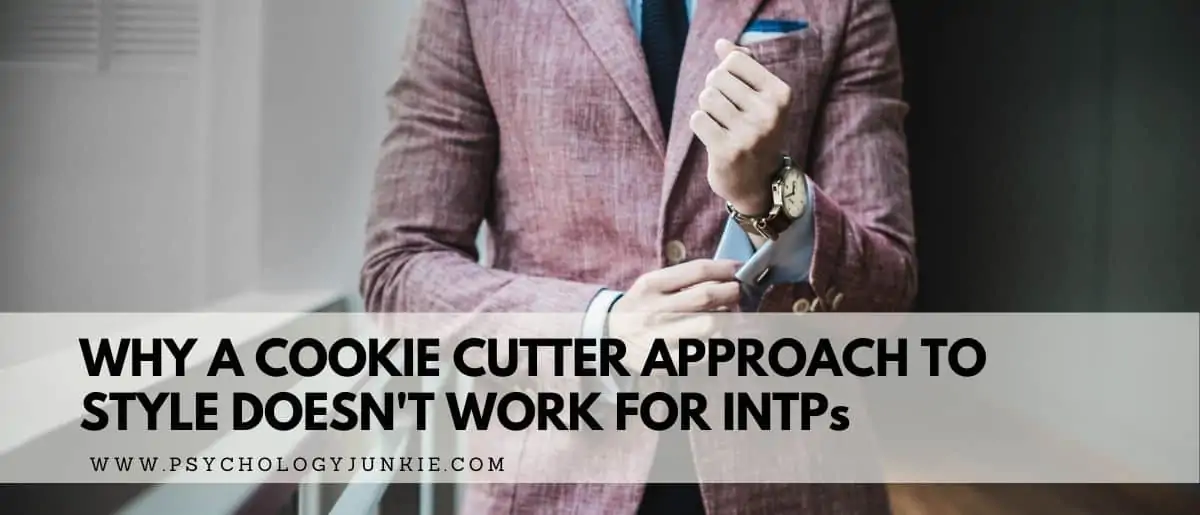10 Unique Qualities of the ISTJ, ISFJ, ESTJ and ESFJ Personality Types
Today I want to take a deep look at the unique qualities of the Sensing-Judging personality types. In the Myers-Briggs® system, SJ personality types are seen as detail-oriented, careful, methodical, and practical. These types comprise 46.3% of the US population and bring the world a sense of stability, community, and grounded wisdom.
While they might be a more common type, Sensing-Judging personality types are each very unique because they gather information in a way that is very personal to them. I have yet to meet two SJs who were extremely similar. Some are intensely conservative, others are dedicated liberals, some are religious, and others are agnostics. As always, personality type can only tell us how someone is mentally wired –not how they will use that wiring.

To get a better understanding of what Sensing-Judging personalities are like, we need to look at how they mentally gather information. All four of these personalities perceive the world around them using a process called Introverted Sensing.
What is Introverted Sensing?
Introverted Sensing, or “Si” for short, is a perceiving process that focuses on inner-body sensations, memories, and the inner impressions of what’s going on in the outside world. Introverted sensors instantly compare and contrast new experiences with experiences and impressions they’ve had before. For example, they might taste a piece of apple pie and instantly notice how it differs from the various apple pies they’ve had in the past. Each texture and ingredient will instantly be compared to what they’ve known and loved about apple pies previously. They might look at a tree and instantly recall climbing a similar tree as a child and exactly how the bark felt beneath their fingertips. Introverted sensing filters every new experience through a lens of one’s past experiences, impressions, and sensations.
Article Updated January 10th, 2025
How Introverted Sensing Gives ISFJs, ISTJs, ESFJs, and ESTJs A Unique Way of Seeing the World:
#1 – SJ Types Are Extremely Focused
While many other types find themselves easily distracted, SJ personalities have an ability to focus deeply on one subject or activity at a time. They have a high level of concentration and are skilled at seeing the minutest details of the area of their interest. If they have a passion for something, chances are they’ll know every little detail about that subject. For example, I knew an ISFJ who was an avid Harry Potter fan. She could quote you nearly any section of the book if I started reading the first sentence in a paragraph. She could list off the ingredients in the various potions, or recall which specific chapter of a particular book something occurred in.
#2 – SJ Types Are the Caretakers of Beautiful Memories
Sensing-Judging personality types have extremely detailed, vivid memories that they can recall quickly with precision. They don’t just remember the facts about what happened, they remember how something made them feel inside and what it meant to them. When they’ve experienced something positive, they enjoy reminiscing about that experience, re-playing it, and re-living it. Sometimes when they are having a particularly good experience they’ll look forward to re-imagining that experience again in the future. In fact, they may enjoy remembering the experience more than they actually enjoyed living it! They enjoy “making memories” and protecting the memories and traditions they’ve created. They enjoy sharing these beautiful experiences with the special people they bring into their life.
#3 – SJ Types Strive for Improvement in All Things
SJ types want to improve and perfect everything in their environment. For ISTJs and ESTJs, they desire to perfect systems and plans. They yearn for efficiency and logical order in their world. For ISFJs and ESFJs, the desire is for harmonious environments. They strive to create a sense of camaraderie and morale for the people around them and they organize their environment to achieve that. I had an ESFJ friend who always made her home a cozy retreat whenever she’d gather her friends together. She loved hosting, baking treats, and making people feel relaxed and connected. Her couches had the softest throw blankets, there was always hot coffee brewing, and something baking in the oven. Every detail was curated to give a sense of “coziness.”
Martha Stewart (ESTJ) famously embodies the SJ drive for constant improvement, turning everyday tasks into an art form. From perfecting recipes to refining home decor, Stewart built an empire by paying attention to the details that elevate simple routines into sources of beauty and joy. Her ability to organize and enhance environments is a hallmark of the SJ desire for excellence.
#4 – SJ Types Use History as a Guide
SJ types store life lessons firmly in their mind so that they can recall them as needed in the present or future. Their experiences, mistakes, and successes are all very powerful to them. When a new situation presents itself, they instantly scan their past memories to see if there are any lessons they can apply to the current situation. “What worked before?”, “What didn’t work before?” They bring the wisdom of experience to whatever current situation they are facing.
#5 – SJ Types Have a Fine-Tuned Awareness of Taste
Sensing-Judging personalities have very pronounced inner-body awareness and are deeply attuned to how things physically impact them. They are often the first to notice if a food has gone bad, soured, or tastes differently than it should. I can always count on my ISTJ son to alert me if anything I’ve made tastes slightly different than usual, or to notice any tiny fluctuation in flavor, texture, or sensation.
Typologist A.J. Drenth from Personality Junkie says, “There have surely been times in our evolutionary past in which a well-developed Se was more beneficial to survival, as well as times where Si proved especially important. Consequently, having both Si and Se types would have improved the odds of our survival as a species, allowing us to receive and monitor a broad swath of sensory data. Se types, for instance, were likely better suited for hunting tasks because of their ability to notice and respond to important details in the environment. Si types, by contrast, may have been better at discerning whether food or water was poisonous because of their inner sensitivity.”
#6 – SJ Types Are Skilled at Breaking Down Projects Into Step-by-Step Processes
Structure is very important to Sensing-Judging personality types. They like to have everything planned out in a very specific, efficient, sequential way. When a task seems overwhelming, they break it down into smaller pieces so that the process feels 10x more manageable. They see every experience as an extension of the previous one, so they are skilled at organizing actions and plans to get the desired experience or outcome.
Jeff Bezos (ISTJ) didn’t just wake up one day and build Amazon. He started small, selling books online. Then, step by step, he expanded into the global empire we know today. That’s the beauty of an SJ mindset. They don’t get overwhelmed by the enormity of a goal—they break it down into bite-sized, manageable pieces. Need to tackle a massive project? Get yourself an STJ friend. They’ll map it out so logically, you’ll wonder why you ever thought it was complicated.
#7 – SJ Types Are Attuned to Patterns and Changes
Because Sensing-Judging personality types hold onto memories and past experiences in such vivid detail, they can quickly notice when a pattern shifts or emerges. It’s as if they overlay the current experience with memories of past similar experiences. Because they do this without even thinking about it they instantly notice when something has shifted or changed. They notice when someone’s body language is different than before, more tense, happy, careless, or suspicious. When someone’s actions don’t line up with their past actions or espoused values, they’ll notice. They are so attentive to these things that they develop a finely-tuned awareness to who is dependable and consistent or wishy-washy and unreliable.
#8 – SJ Types Are Extremely Determined
Isabel Briggs-Myers states in her book Gifts, Differing that Sensing-Judging personality types “do not enter into things impulsively, but once in, they are very hard to distract, discourage, or stop (unless events convince them that they are wrong). They lend stability to everything with which they are connected.” When an SJ type decides to move forward on something they will learn everything they can to prepare and focus with an intensity that many other types can only dream of.
Let’s use Mother Teresa (ISFJ) as an example. She faced incredible odds—poverty, disease, even critics—but none of it deterred her. When she set her mind to something, she didn’t back down. That kind of determination is so quintessentially SJ. Once they commit, they’re like a freight train. Sure, they might adjust course if they realize they’re wrong, but until then? Good luck convincing them to quit.
#9 – To SJ Types, Repetition is Essential
Sensing-Judging types strive to be thorough in everything they do. Even in childhood, SJ types like to learn through repetition and practice. The more they do something the more proficient they feel at it and they don’t like to show anything off until they’ve mastered it. Their need for repetition and practice means that they are usually specialists at whatever they do. They gain a knowledge and understanding of a process or field of expertise that many other types can struggle to achieve. This is why one of the worst things you can do to an SJ-type is doubt their ability in a field they are passionate about. If they have acknowledged that they know how to do something, chances are they’ve spent a great deal of time mastering it.
George Washington (ISTJ) didn’t just lead his troops—he trained them tirelessly. He understood that repetition wasn’t boring; it was essential. Drilling his soldiers over and over again helped transform a ragtag militia into a disciplined army. That’s the SJ way. They know that practice makes perfect, and they’re willing to put in the work, even when it feels monotonous. Why? Because they know mastery doesn’t come overnight—it’s earned.
#10 – SJ Types Value Giving and Receiving Comfort
Because SJ types are especially attuned to inner comfort, creating that comfort (and giving it) is very important to them. They do this through paying attention to their physical needs – are they tired? Hungry? Thirsty? Cold? Hot? Does their home smell nice? Are the bright lights giving them a headache?
Sometimes Sensing-Judging types can be over-stimulated because they feel things inwardly so strongly. They try to create an environment that puts them at ease inside, and they try to make sure the people around them are comfortable and protected. My ESFJ mother-in-law does this by bringing me a glass of water whenever I have to nurse my infant son (she remembers how thirsty she would get when she was a young mother). My ISTJ grandmother would always make sure I had a hat on a sunny day so that my face wouldn’t get sunburned. These are details that I tend to be blind to as an intuitive, but they can’t help but notice!
What Are Your Thoughts?
Have you enjoyed this article? Do you have any thoughts or experiences to add? Let me know in the comments!
What to Read Next:
The Unique Intelligence of the ISFJ, ISTJ, ESFJ and ESTJ Personality Types
Your Myers-Briggs® Personality Type and Your Body Language
7 Reasons Why You Need an ISFJ Friend in Your Life
10 Things You’ll Relate to If You’re an ISTJ
10 Things You Should Never Say to an ESFJ
10 Things You Should Never Say to an ESTJ















I love this article! I’m an ISFJ, and m it’s easy for other to view me as robotic with my routines. But, like the article stated, it helps me to focus and get into my zone of thoroughly learning a topic. all the info was spot on!
fantastic thanks for the analyzing the personalities i found it more specific ,
how can i get a study on the egyptian culture personality as was mentioned before 43% of american istjs….etc ?
ISF and all my life, my INFP mom berated me for being hide bound to routine. She called controlling. I called it comforting. After 30 years of marriage to an older ENFP, I can now look spontaneous because of my box of plans for any and all trips, risky endeavors, or disasters. I plan and practice.
As an INTP I have S(i) as my tertiary function (still getting my head around how it could be there yet not show up in the letters), so a lot of this applies to me even if it’s not entirely applicable and it’s helpful to know what abilities this gives me, apart from getting me stuck in a T(i)-S(i) loop. I can definitely relate to comparing present experience to past ones (usually in a negative sense…”here we go again…”), learning through repetition, being picky about flavors (although I tend to have an adventurous palate otherwise), and self-improvement. And I can see these qualities in my SJ friends – who are my friends perhaps because we have these things in common.